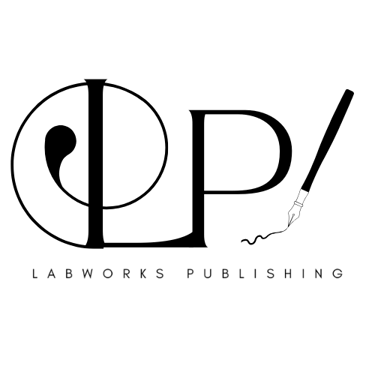AI & Plagiarism – What Every Author Needs to Know
As AI-generated books flood the market, authors face new risks—especially around plagiarism and ownership. This blog breaks down what AI plagiarism is, why it matters, and how Labworks Publishing protects authors through ethical AI use, manual editorial review, and strong IP safeguards. If you're using AI to write or publish your book, this is a must-read guide to protect your story and your name.
HIGHLIGHTS
CEO Latoya Belfon
7/28/20252 min read
As more authors and platforms begin to use tools like ChatGPT, Jasper, and Sudowrite for book writing, AI-generated content raises serious questions about originality, copyright ownership, and legal risk.
Here’s what every author should understand:
1. Unintentional Copying
Some AI tools are trained on vast internet datasets, which may include copyrighted or unlicensed content. This means:
AI can sometimes reproduce phrases or structures too closely to existing works.
You may unknowingly include derivative or near-duplicate content.
2. Lack of True Ownership
Many AI tools do not grant you full intellectual property rights over what’s generated, especially free or open-access tools.
If your book is AI-heavy and lacks human oversight, your claim to ownership could be challenged.
3. No Accountability
AI cannot testify in court or explain where a sentence came from.
If accused of plagiarism or copyright infringement, you bear the legal and reputational risk.
How Labworks Publishing Protects Authors
Labworks Publishing offers a human-first, ethically guided hybrid publishing model. We integrate AI only when appropriate, and always with legal and editorial oversight.
1. Manual Review and Editorial Intervention
Every manuscript goes through professional human editors who:
Run plagiarism detection scans
Check for overused AI phrasing (Please be honest with your submissions)
Ensure originality, proper sourcing, and voice consistency
2. Ethical AI Use Policy
Labworks uses AI tools as supplemental aids, not as replacements. Our tools can assist with:
Brainstorming
Structuring
Outlining
Grammar clean-up (e.g Grammarly may be suggested to an aspiring author to clean up grammar errors before an editor to minimize costs).
Social media content
All content is reviewed, rewritten, or revised before publication to ensure authenticity and legal safety.
3. Clear Author Agreements and IP Ownership
Every Labworks author receives a custom hybrid contract that:
Specifies what tools (AI or otherwise) were used, for example, Midjourney for illustrations.
Clarifies that full copyright and IP ownership remain with the author
Ensures no third-party claims over AI-generated text
4. AI Transparency Clause
We disclose the AI tools used, their application, and the rationale behind their use. We also expect you to disclose if you have used AI in your written work.
5. Ongoing Education
Labworks provides sessions, blog content, and author coaching that address:
How to ethically use AI
Which parts of publishing are AI-safe (and which are not)
How to recognize and avoid problematic AI outputs
Why This Matters
With AI-written books flooding platforms like Amazon, Labworks Publishing stands apart as a company committed to integrity, originality, and legal security.
We don’t just help you publish.
We help you protect your story, your name, and your future.


